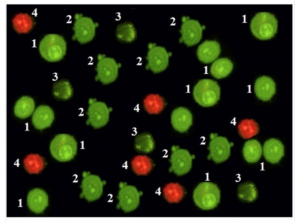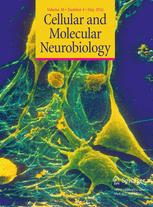 A physiology journal has retracted a paper after an institutional investigation found that portions of the work had been falsified by the first author.
A physiology journal has retracted a paper after an institutional investigation found that portions of the work had been falsified by the first author.
According to the notice issued by the American Journal of Physiology – Renal Physiology (AJP), the last author initiated the investigation at the University of Houston in Texas, which found the first author — Mousa Abkhezr — to be guilty of falsifying and duplicating images.
We’ve obtained a copy of the investigation report, which concluded that Abkhezr committed misconduct “recklessly,” and the paper must be retracted. Although the report noted that Abkhezr argued that the problems stemmed from an honest error, the investigation committee ruled that data from the retracted paper cannot be included in his doctoral thesis.
The last author told us there is a separate ongoing “academic honesty enquiry” into Abkhezr’s dissertation.
Here’s the retraction notice: Continue reading Researcher committed misconduct “recklessly,” says investigation
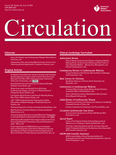 A paper accidentally credited the wrong researcher with providing part of an experiment.
A paper accidentally credited the wrong researcher with providing part of an experiment.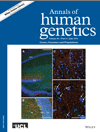
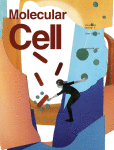
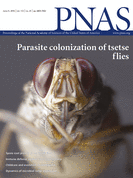 Researchers are retracting two papers about molecular signalling in plants —
Researchers are retracting two papers about molecular signalling in plants — 